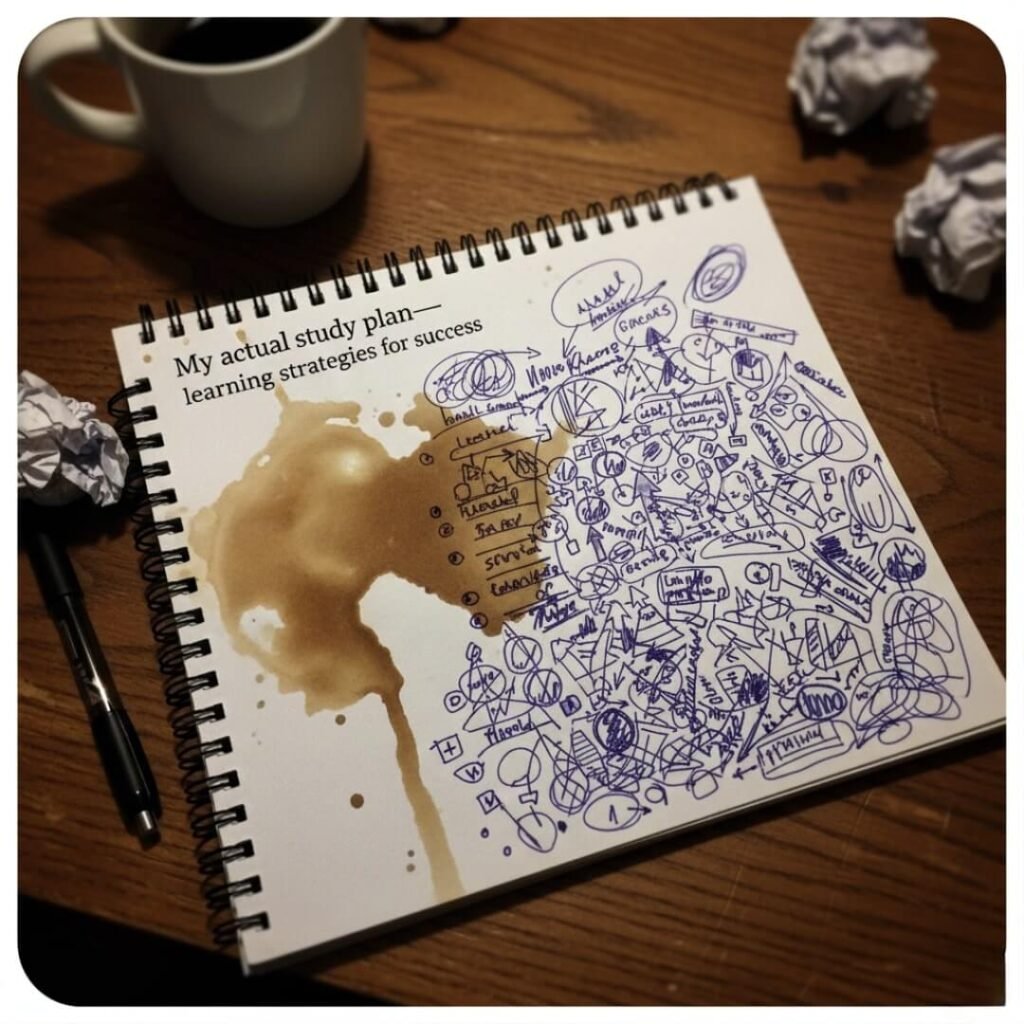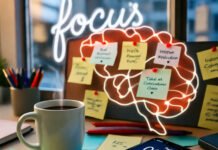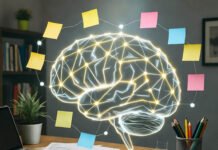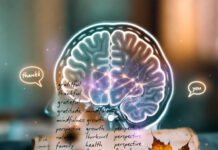Learning strategies for success are legit the only thing keeping me from turning into a total couch potato right now, here in my cramped Columbus apartment where the radiator’s clanking like it’s got opinions and there’s this weird stale chip smell I can’t pin down—maybe from under the couch? Whatever. Point is, staying focused feels impossible some days, like when I’m supposed to be prepping for this certification thing for work but end up watching conspiracy theory videos about fast food mascots instead. True story: two nights ago I meant to study for an hour, ended up three hours deep in a reddit rabbit hole about whether the Burger King king is creepy or iconic. Iconic, obvs. But yeah, that’s me—your very human, very distracted American trying to hack learning strategies for success with trial, error, and a lotta caffeine.
Why Learning Strategies for Success Gotta Start with Owning Your Chaos
Staying focused ain’t some pinterest board fantasy, okay? It’s me at 1:47 a.m. (yeah I checked the clock) with one sock on, highlighter smudged on my cheek, realizing I just read the same sentence four times. Back in my community college days—go Cuyahoga Community College, represent—I thought learning strategies for success meant cramming till your eyes bled. Took a history final after a 5-hour Red Bull binge, thought I was a genius, woke up with the textbook stuck to my face and failed so bad the professor wrote “see me” in red pen. Like, ouch. Now? I know efficiency is less about grinding and more about not hating yourself into paralysis. My Pomodoro is janky—25 minutes work, 5 minute break where I usually end up yelling at my fantasy football team on my phone. But it kinda works?
- Timer? Yes. But if I accidentally set it for 2.5 minutes instead of 25, I just roll with it. Learning strategies for success include forgiving your dumb fingers.
- Desk clear? Ha. I shove everything into a laundry basket. Out of sight, outta mind.
- Gum trick: same flavor every session. Wintergreen. Makes my brain go “oh, time to focus” like a conditioned lab rat. But sometimes I forget and chew cinnamon and everything feels wrong.
I once lost a freelance client because I procrastinated learning Adobe After Effects till the night before a deadline. Spent six hours watching tutorials, delivered something that looked like a 2005 MySpace page. They ghosted me. Harsh but fair.

Focus Techniques That Actually Work When Learning Strategies for Success Feels Like a Joke
Right now it’s pouring outside, rain hitting the window like it’s personally mad at me, and all I wanna do is make hot chocolate and watch Bob’s Burgers. But nope—gotta finish this cert. One of my go-to learning strategies for success is the virtual body double. I’ll FaceTime my cousin in Philly, she’s doing her nursing homework, I’m doing mine, we don’t talk, just exist in pixelated solidarity. Last week she was coloring anatomy diagrams while I tried to understand SQL queries. Looked ridiculous, worked great. Efficiency hack: batch the boring stuff. I do all my reading at once, all videos later. Context switching is a focus killer.
Distraction Slayer Mode: Learning Strategies for Success vs. The Smartphone Demon
Notifications are satan in app form. My phone buzzes and I’m Pavlov’s dog but for drama. I tried those focus apps—Freedom, Forest, whatever—and guess what? I just disabled them when I got bored. Real talk: I put my phone in a Tupperware in the kitchen. Yes, Tupperware. Works until I remember I’m hungry and need to open the fridge anyway. Science backs this up—there’s a study from the University of California (I think?) about how even the presence of a phone lowers cognitive performance. Here: UC Irvine phone study. Kinda old but still slaps. I went phone-free for three days once and finished a whole module. Then rewarded myself with four hours of YouTube. Balance.
- Stand up every 45 mins. Flail arms. Call it “productivity jazzercise.”
- Write down what distracted you. My journal says: “3:12pm – watched pigeon fight outside for 11 minutes.” Patterns, baby.
Study Routines That Don’t Make Me Wanna Cry Anymore
Mornings are rough. I wake up, stumble to the balcony if it’s above 40°F, sip burnt Folgers while staring at traffic on High Street. That’s when I review flashcards—handwritten on the back of receipts because who buys index cards? Learning strategies for success for me means starting tiny. Ten minutes. Then 20. Momentum is real. Active recall is my jam now—quizzing myself instead of rereading. I’ll pace the hallway muttering answers like a crazy person. Once did it in a Starbucks and got asked to leave. Worth it, aced the quiz. James Clear’s habit stacking thing? Gold. I stack “brush teeth” with “review one concept.” Boom. Atomic Habits link.
Time Management (Or My Best Attempt at It)
I use a notebook that’s half grocery lists, half study plans. Top three tasks only. Everything else waits. Used to make 47-item to-do lists and accomplish negative two things. Now? Three. Doable. Sleep is non-negotiable—learned that after crashing at my desk and drooling on my keyboard. Woke up to a 17-page email draft that was just “gahhhhhhh.” 7 hours minimum now, even if it means leaving stuff unfinished.

Okay I’m Rambling But Here’s the Point
Learning strategies for success are less about perfection and more about not giving up when you’re a flawed human with a short attention span and a weakness for fast food mascots. I’m over here in Ohio, cat judging me from the windowsill, radiator still clanking, trying to adult. Try the Tupperware phone jail. Or the gum. Or just… something. Tell me in the comments what works for you—or what epic fail you had this week. Misery loves company, but wins feel better shared. Go be slightly less distracted today. You got this. Probably.








































